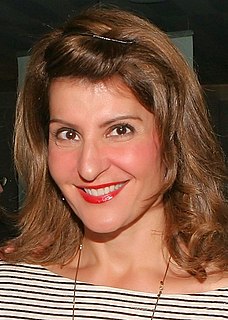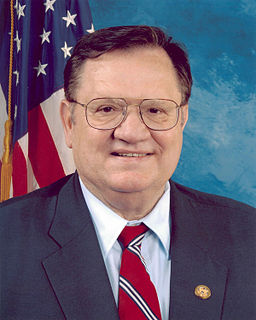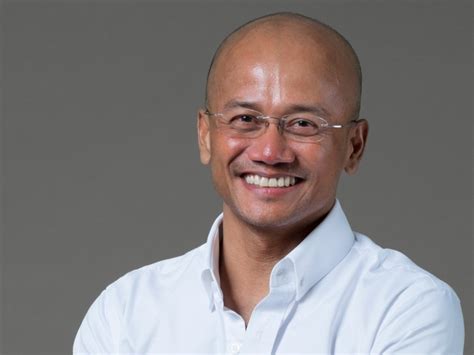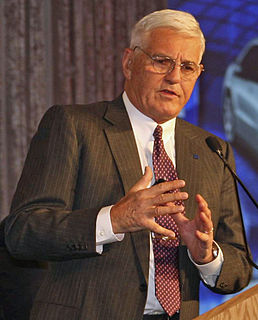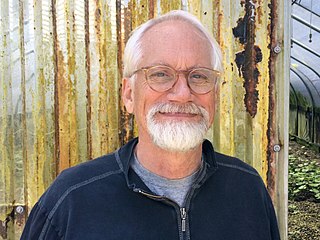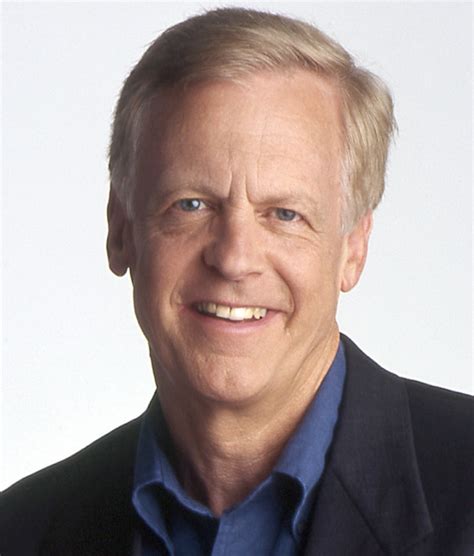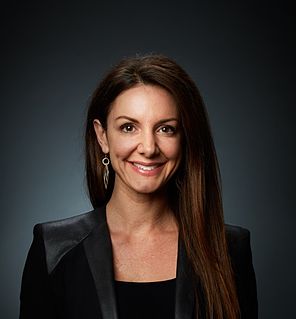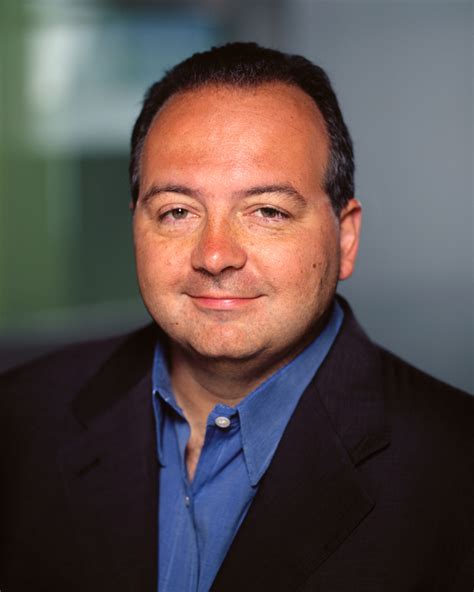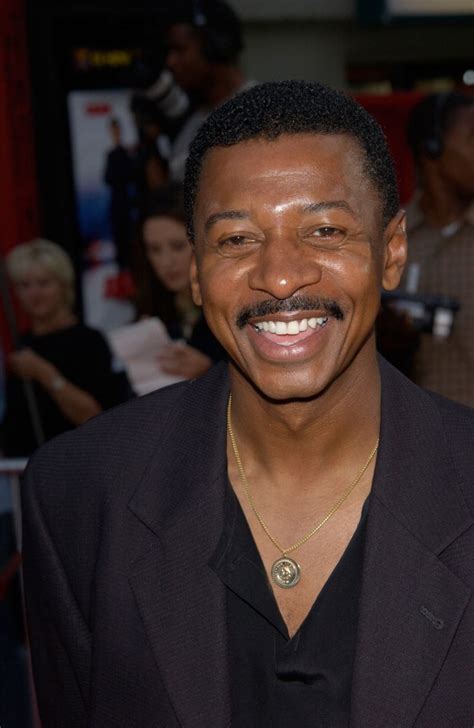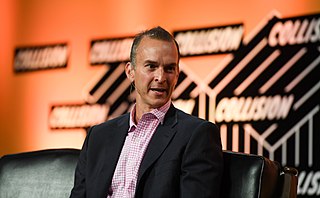A Quote by Rachel Lloyd
Even in New York City, we've seen some major improvements from the way the system was 20 years ago. There's still a lot to do - we know that training workers and parents, reducing caseload size, developing therapeutic foster care, strengthening kinship care, and putting more emphasis into preventive care are all solutions. Unfortunately, if a child is in a situation where removal from the home becomes neccessary, there's already been trauma. Putting a traumatized child into a "system," not a home, with strangers is creating a perfect storm for further trauma.
Quote Topics
Becomes
Been
Care
Child
City
Creating
Developing
Emphasis
Even
Foster
Foster Care
Further
Home
Kinship
Know
Lot
Major
More
New
New York
New York City
Parents
Perfect
Perfect Storm
Preventive
Preventive Care
Putting
Reducing
Removal
Seen
Situation
Size
Solutions
Some
Still
Storm
Strangers
Strengthening
System
Therapeutic
Training
Trauma
Unfortunately
Way
Workers
Years
Years Ago
York
Related Quotes
I was worried if you adopted a foster child, someone from the birth family could still come and take her back. I was afraid that any child in foster care might have suffered such trauma or neglect that she would be impossible to reach. I'm not proud of these fears. But I understand now when others ask me the same questions.
Sometimes a child will get lucky and be placed with foster parents who are loving and supportive and who consider that child their own. But for many, that doesn't happen. Kids are moved around from home to home, to group home and institutions, until they are 18, when they are considered adults and the system is finished with them.
Years ago someone wrote [about me]: 'She characterizes Molly Weasley as a mother who is only at home looking after the children.' I was deeply offended, because I until a year before that had also been such a mother who was at home all the time taking care of her child [...] What has lesser status and is more difficult than raising a child? And what is more important?
We do not put enough emphasis on early childhood years. We neglect children in this society; as a society we're guilty of child neglect. If we could eliminate the vestiges of racism, if we could develop a more powerful agenda for child care, child development, and a more powerful education system, we could prevent a lot of the incapacities which in turn tend to generate structural unemployment.
Many children in the foster care system are often in the midst of a family challenge. Marcus, my husband and I sought to assist families during difficult times. We aren't perfect people, nor are we a perfect family, but these children didn't expect us to be either. They needed a loving home and care, and we tried our best every single day.
In comparison to the U.S. health care system, the German system is clearly better, because the German health care system works for everyone who needs care, ... costs little money, and it's not a system about which you have to worry all the time. I think that for us the risk is that the private system undermines the solidarity principle. If that is fixed and we concentrate a little bit on better competition and more research, I think the German health care system is a nice third way between a for-profit system on the one hand and, let's say, a single-payer system on the other hand.
You can read the best experts on child care. You can listen to those who have been there. You can take a whole childbirth and child-care course without missing a lesson. But you won't really know a thing about yourselves and each other as parents, or your baby as a child, until you have her in your arms. That's the moment when the lifelong process of bringing up a child into the fold of the family begins.


